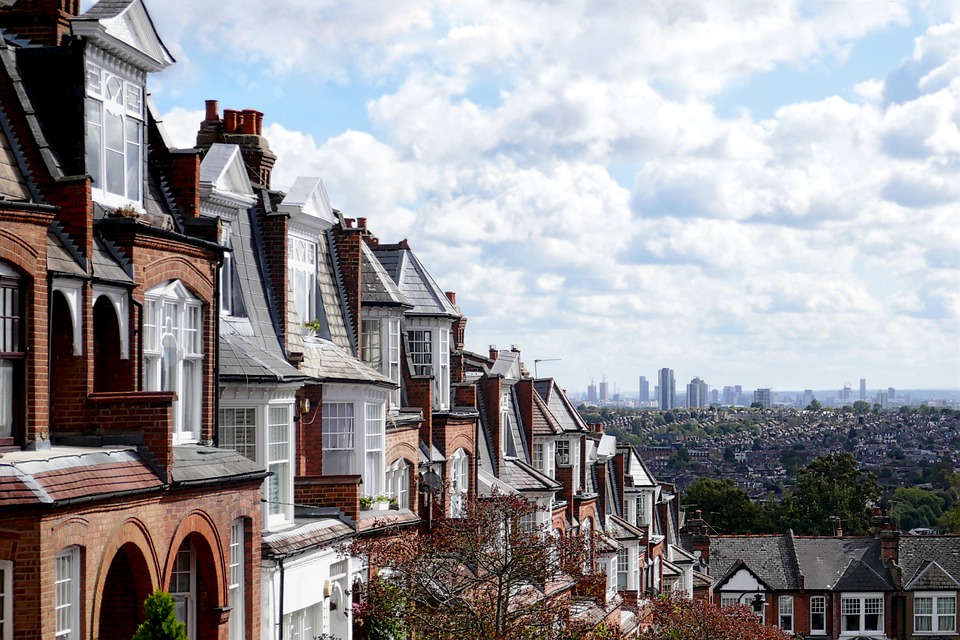The pandemic has strengthened the resolve of first-time buyers who have become more determined to follow their homeownership dreams and save more to get a foot on the housing ladder according to new research.
Three in five (61%) of respondents said that buying a home is more important to them now than it was at the start of the pandemic in March. The research, commissioned by Yorkshire Building Society, shows that over a third expected to buy their home sooner due to the pandemic and nearly half said they had been able to save more for their deposit as a result of the impact of COVID-19.
The research shows that buyers still face challenges when securing their first home. With the average monthly saving for those wanting to buy their first home now standing at £336, Yorkshire Building Society has estimated it will take a single person seven years and five months to save a 15% deposit for the average first-time buyer home, which is valued at £198,512.
To find out more about how we can assist you with your Mortgage requirements, please click here to get in touch
In order to meet the demands for a higher deposit, half of first-time buyers are looking for financial help from relatives. The number seeking support increases to 59% for those buying in the capital.
Ben Merritt, mortgages acquisition manger at Yorkshire Building Society, said: “Getting on the housing ladder seems to be more important now than it ever was. Whether it’s being in shared rented accommodation whilst juggling home and work life, or spending lockdown back in the family home, the pandemic has clearly increased the resolve of first-time buyers who have increased their savings and are more determined than ever to buy their first home.
“It’s a real priority and life ambition for many people, but getting there still remains a challenge which is why we are seeing many lean on relatives for support with deposits. Despite the lower availability of higher LTV products, there are options available to first-time buyers and so it pays to do your research to help you get the support you need.”
Source: Property Wire



